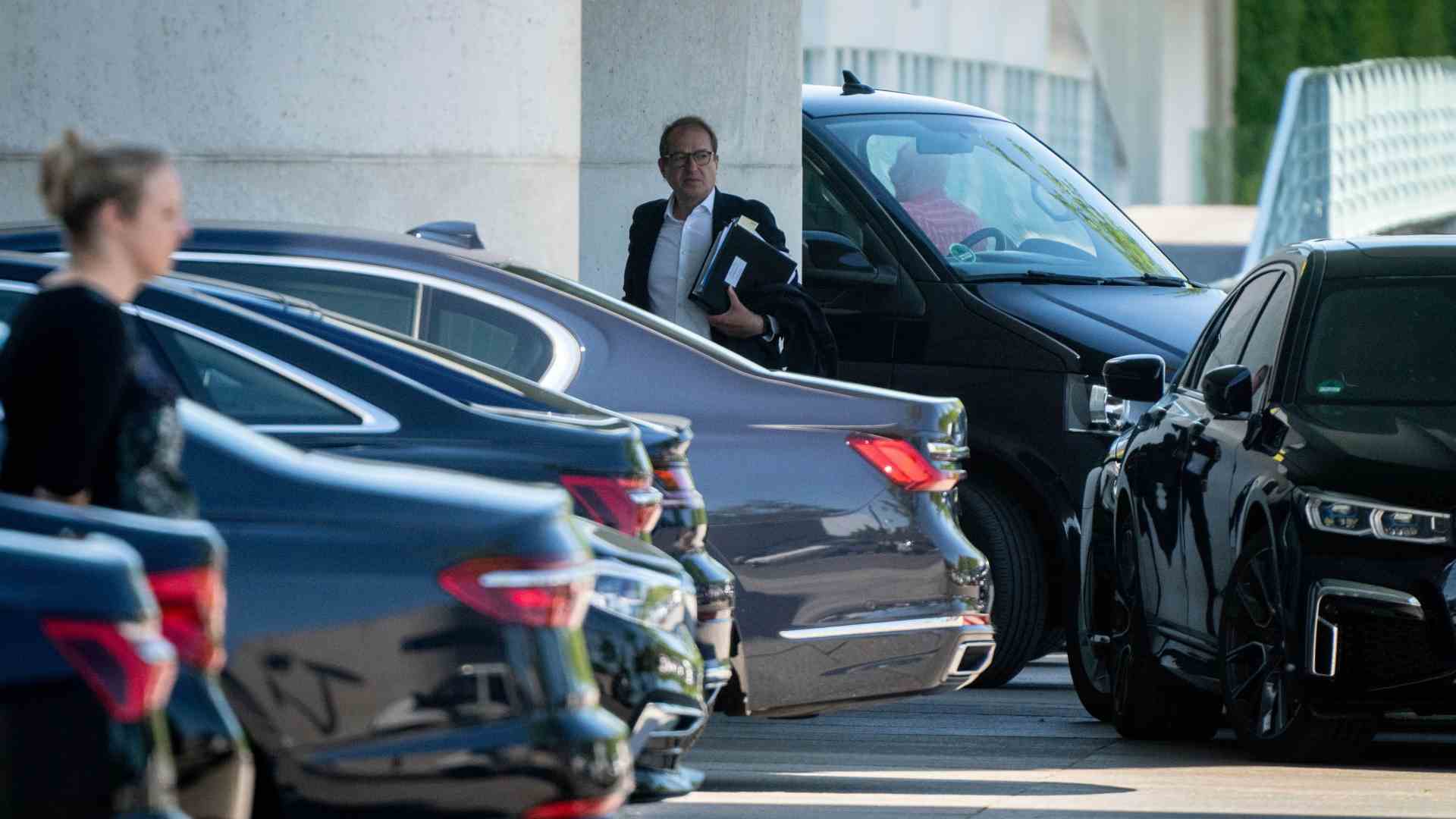analysis
Status: 08/24/2022 2:19 p.m
The traffic light is arguing about the taxation of company cars. Who wants what in the debate? What does that have to do with the 9-euro ticket – and why does the FDP speak of “left framing”?
For Christian Lindner, the term itself has an ideological connotation: “company car privilege”. When the Greens or environmental organizations talk about the so-called company car privilege, then that is “left framing,” says the finance minister. A manipulative choice of words.
Neither Lindner nor his party, the FDP, see a reason to change the existing tax rules for company cars. In the course of the justice and also the climate debate, however, political resistance to this attitude of the liberals is increasingly forming.
Status symbol at company expense
Many employers give their employees company cars – often the car is a means to an end, for example for field staff who visit their customers by car. Higher positions in certain companies, on the other hand, are often associated with the fact that a representative vehicle is part of the job – a status symbol at the company’s expense.
As soon as the employer allows the employee to drive the company car privately, the tax office becomes interested: Because then the car becomes a monetary benefit for the employee – i.e. practically a surcharge on his salary.
dispute over taxation
Income tax law stipulates that the employee must pay tax on a flat rate of one percent of the new price of the car per month – just as a benefit in kind. In the case of a mid-range car for 50,000 euros, that would be 500 euros a month for which the employee has to pay taxes and social security contributions (if he earns so well that he is above the assessment limit, only taxes are due).
This regulation is primarily referred to as a “company car privilege”, i.e. a special privilege, because the actual economic advantage for the employee is likely to be higher than one percent of the new car price: Because many costs of the used car such as depreciation, repairs and often also the employer pays for the refuelling. If the private company car were not a business, then most of those affected would probably reject it.
The true cost
In fact, the Federal Environment Agency assumes that the monetary benefit of a privately used company car is actually twice as high as one percent of the list price. In other words, the state, i.e. all taxpayers, subsidizes privately used company cars (among which, as environmentalists note, there are also a disproportionately large number of fuel guzzlers and SUVs). Many no longer consider this to be up-to-date – the Greens in the Bundestag, but recently also the economist Veronika Grimm, consider the “company car privilege” to be a climate-damaging subsidy that conceals the true costs of driving a car.
Money for the 9 euro ticket
Observers estimate that the company car regulation costs the tax authorities three to five billion euros a year – the Greens would prefer to put this money into a continuation of the 9-euro ticket for local transport, for example. They advocate taxing privately used company cars much higher – for example linked to the CO2 emissions of the vehicle in question.
The legislature has long since implemented environmental taxation: for electrically powered company cars, the monetary benefit for private use is only a quarter of a percent of the new price; half a percent per month applies to hybrid vehicles. Driving such a company car privately is therefore significantly cheaper for employees.
Incidentally, company cars are good business for the German automotive industry: almost a million vehicles were registered with a company last year – around one in three new registrations. However, this also includes many small cars, for example for nursing services. The term “company car privilege” probably means company limousines, which remain unaffordable for low earners.

